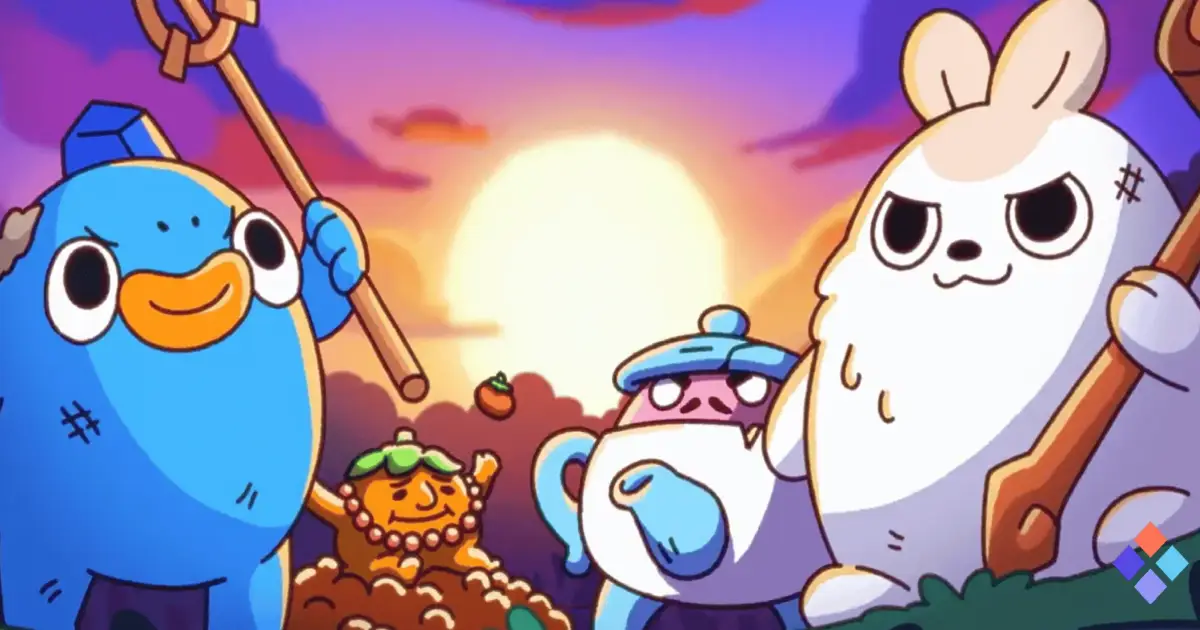Moku is on the brink of launching its innovative web3 autobattler, Super Battle Moki, an endeavor that has captivated the attention of gamers and blockchain enthusiasts alike. While the early access beta is reserved for Moki Genesis NFT holders, it signals a transformative shift in how games are being developed and monetized, particularly within the realms of decentralized finance and gaming. The emphasis on blockchain integration is not just a gimmick; it reflects Moku’s commitment to empowering players with ownership and engagement in their gaming experience.
A Focused Beta: Exclusivity or Strategic Advantage?
The decision to limit the beta testing to a select group—Moki Genesis NFT holders—strikes me as both strategic and exclusionary. On one hand, it creates a sense of exclusivity that can drive demand for the NFTs, potentially inflating their value prior to wider gaming release. However, this approach risks alienating a broader audience who might want nothing more than to take part in this ground-breaking experience. The balance between creating hype and ensuring inclusivity is delicate, and Moku’s choice to favor a privileged demographic raises questions about access in the evolving gaming landscape.
An Asynchronous Journey of Strategy and Luck
Super Battle Moki’s core mechanics, which loop players into an asynchronous battle format, suggest a game that values both strategy and adaptability. Players must assemble their teams of tamakins—unique creatures known for their distinct abilities—and aim to outsmart opponents within a framework where victory count and life balance comes into play. This model, however, provokes contemplation: Are random elements introduced merely for casual enjoyment, or do they contribute to a deeper competitive strategy absent from conventional gaming formats? Striking this balance is essential if Moku aims to capture a dedicated and serious player base.
Token Staking: The Golden Handcuffs?
The introduction of token staking mechanisms within Moku’s ecosystem stands out as a tantalizing proposition; players can earn rewards by staking their tokens while participating in gameplay. This creates a dual incentive loop—engagement with the game and financial benefit—yet also risks tying players into a cycle reminiscent of gambling, where victory is often a question of chance rather than skill. This could cultivate an environment ripe for “pay-to-win” dynamics, detracting from the competitive spirit originally anticipated in the autobattling genre.
New Features, Old Values: The Challenge of Innovation
Moku’s ecosystem updates hint at a host of new features, including the Strategic Meme Reserve and the anticipated Tama Meme token launch platform. While undeniably intriguing, one must ask: Will these innovations enhance gaming experiences or simply saturate the market? The incorporation of community-driven projects like this can foster engagement but could ultimately lead to fragmentation if not executed with a coherent vision. As the gaming landscape continues to evolve, the challenge will be to ensure that these new initiatives don’t stray too far from the core values that originally knitted together the gaming community.
In a vibrant era where decentralized games are forging new paths, Moku’s ambitions with Super Battle Moki represent both an exciting opportunity and a massive gamble. The outcomes remain unpredictable, but one thing is clear: the stakes have never been higher.
















Leave a Reply